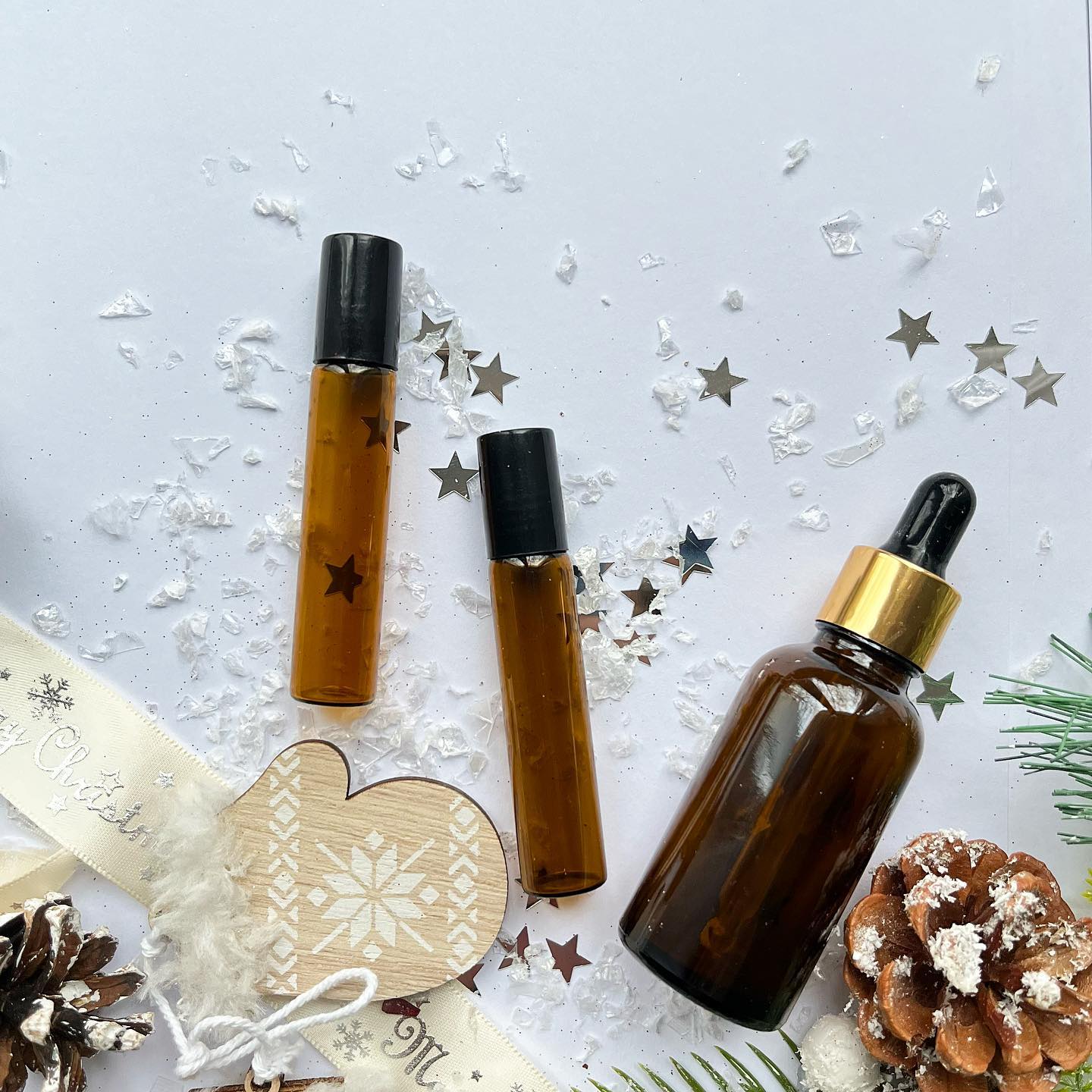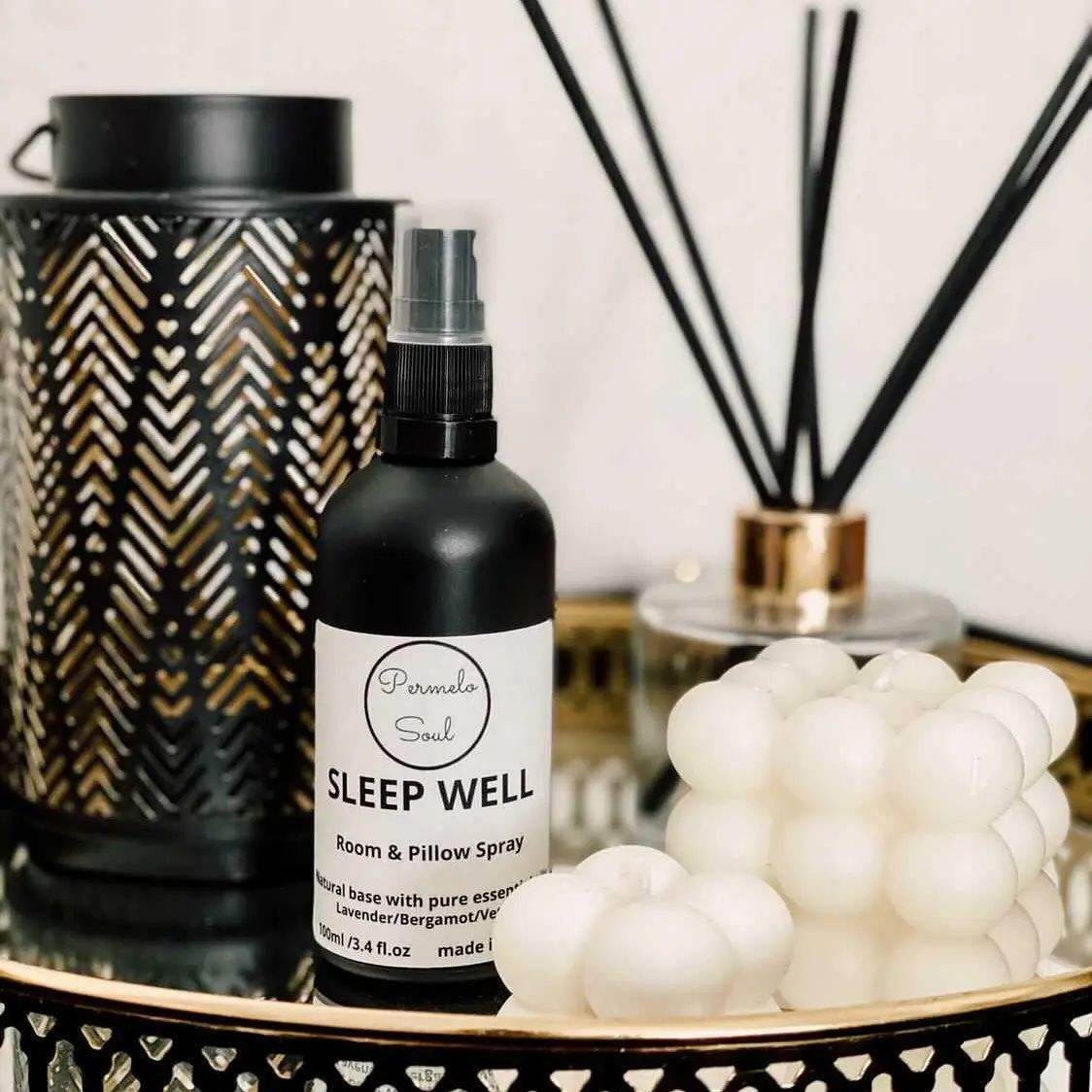Essential oils are commonly used for a variety of purposes, such as aromatherapy, massage, and skincare. They are volatile, flammable liquids that should be used and stored with caution.
You should, however, dispose of them properly after using them. Improper disposal of essential oils can be harmful to the environment and human health.
The Western Australian Poisons Information Centre (WAPIC) reports an increase in essential oil poisonings among children. Therefore, essential oils must be stored in a child-resistant container and kept out of reach of children, and dispose of them properly when no longer needed.
In this blog post, we will discuss how to properly dispose of essential oils. We will cover some methods including vapor distillation, biochemical degradation, incineration, and more. We will also provide tips to use these essential oils in other ways so let’s start!
The reason why do we dispose of essential oils?
Essential oils are made from the plant material and contain concentrated amounts of the plant’s volatile compounds. These compounds are what give essential oils their potent aromas and therapeutic properties. However, these same compounds can also be harmful to the environment if they’re not disposed of properly.
When essential oils are released into the environment, they can disrupt the natural balance of ecosystems. For example, essential oils that contain citrus peel oil can be toxic to fish and other aquatic creatures.
Additionally, when essential oils degrade in the environment, they can release harmful chemicals like benzene and formaldehyde into the air. This is why it’s so important to dispose of essential oils properly.
How to Dispose of Essential Oils

1. Pouring Them Down the Drain
One option for disposing of essential oils is to pour them down the drain with hot water. This will help to dilute the oil and send it down the sewer system where it will be treated before being released into the environment.
However, this method should only be used for small quantities of oil as large amounts can cause clogs in your drain pipes. You should also exercise caution when pouring hot water down your drain as it can damage your pipes if done improperly.
2. Throwing Them Away
The trash can also be used to dispose of essential oils. This is the easiest method but it has some drawbacks.
- Essential oils can damage or dissolve plastic, so they should not be thrown away in plastic bags or containers.
- If thrown away in a glass container, the glass may break and cause injury when someone attempts to pick up the trash bag.
The best way to dispose of essential oils in the trash is to mix them with coffee grounds or kitty litter before placing them in a sealed container such as a Mason jar. This will absorb any spills and prevent the oil from damaging the trash bag or container. You should then place this container in a larger trash bag for an extra layer of protection.
3. Contacting Your Local Waste Treatment Facility
Some local waste treatment facilities have programs for disposing of hazardous household chemicals such as paints, thinners, white spirits and cleaning products. Many of these facilities will also accept essential oils for disposal. Contact your local waste treatment facility to find out if this is an option in your area.
4. Vapor Destillation
Vapor distillation is a process that uses heat to evaporate the oil from the plant material. The vapors are then condensed and collected. This method is effective for removing most impurities from the oil. However, it is not suitable for all types of essential oils. When using this method, it is important to follow the manufacturer’s instructions carefully.
5. Biochemical Degradation
Biochemical degradation is a process that uses bacteria or enzymes to break down the oil into smaller molecules. This method is effective for disposing of large quantities of essential oils. However, it is important to note that this method takes longer than other methods and may not be suitable for all types of essential oils.
6. Incineration
Incineration is a process that uses high temperatures to burn the oil and plant material. This method is effective for disposing of small quantities of essential oils. However, it is important to note that this method produces emissions that can be harmful to human health and the environment if not done properly.
7. Reuse it as a DIY
You can use essential oils around your home for cleaning purposes. Mix a few drops of oil with water in a spray bottle to create an all-natural cleaning solution. You can use this to clean countertops, floors, windows, and more.
Or they could be used to make perfume if they are not too old and you don’t want them anymore. It might take some time and effort to find the correct recipe. However, it would be worth it in the end, especially if you don’t want just to throw them away. Here’s a recipe for this that I use to make it:
Ingredients:
- 1/4 cup of carrier oil (I like jojoba oil)
- 10 drops of essential oil
- 2 tablespoons of vodka or other clear alcohol
- 3 drops of any perfume extract you like(you can buy them from any store)
- 1/4 teaspoon of glycerin (this is optional, it just helps the perfume last longer on your skin)
Instructions:
Step 1: Combine all ingredients in a dark glass bottle and shake well.
Step 2: Store in a cool, dark place for 2-3 weeks, shaking daily so that the oils can blend.
Step 3: When ready, strain through a coffee filter or cheesecloth into a clean bottle.
Step 4: After 2 weeks, apply the perfume to your skin as desired.
While disposing of essential oils may seem like a daunting task, there are many options available for safely and effectively removing these oils from your home.
Each method has its benefits and drawbacks depending on the type of oil being disposed of and the quantity involved.
By choosing one of the disposal methods discussed above, you can help to protect yourself and the environment from the harmful effects of essential oils.
When we should dispose of our essential oils?

They are recommended to use within 6 months but also it is important to dispose of essential oils when they are expired or if they have become contaminated.
If the oil has a strong and unpleasant smell or has changed color, it should be properly disposed of. It is best to consult with the manufacturer for specific disposal instructions.
It is also important to properly store essential oils to prevent contamination and extend their shelf life. This can include keeping them in dark glass containers and storing them in a cool, dry place. By properly disposing of essential oils when necessary, we can ensure our safety and the effectiveness of the oils.
Things you can do other than dispose of essential oils?
There are a few other things you can do in addition to disposing of essential oils.
- One option is to recycle or reuse them, either by donating them to others who may find a use for them or by repurposing them yourself. You can look for local recycling centers that accept oil-contaminated plastics or search online to find other creative ways of reusing essential oils.
- You can also opt for safer alternatives, such as using synthetic or natural fragrances. This can help to reduce your exposure to the potentially harmful effects of essential oils while still allowing you to enjoy their pleasant scents and aromas.
- Add a few drops to your bathtub for added relaxation or mix a few drops with a carrier oil to use on your skin. You can also diffuse them in an essential oil diffuser to bring the scents of your favorite oils into your home or workplace.
- Make DIY skincare products or beauty treatments with them, such as an all-natural face mask or body scrub. Experiment with different essential oils to find the blends that are best suited to your needs and preferences.
- Use them in homemade candle-making or diffuser blends, or make your homemade cleaning products with them. There are many other ways you can incorporate essential oils into your everyday life, so continue exploring and experimenting to find new uses for these versatile natural ingredients.
- Incorporate into your meditation or yoga practice for added benefits. You can also use essential oils to help you relax, focus your mind, and reduce stress.
FAQs
How can I make sure my disposal method is safe?
The most reliable way to make sure your disposal method is safe is to research how to properly dispose of the specific type of oil you have. You can also contact your local waste management facility to find out what their specific regulations are.
How to tell if the essential oil has gone bad?
If your essential oil has changed color or consistency, or if it has an off smell, it has probably become bad and should be disposed of.
How long do essential oils last?
Essential oils can last for 3 years when stored properly. Keep them in a cool, dark place away from heat and sunlight. Some oils come with an expiration date check the expiration date on the bottle and don’t use oils that are past their expiration date. Also, be sure to close the bottle tightly after each use to keep the oil from going bad.
Conclusion
Disposing of essential oils can be a challenging task, but there are many effective and safe options available as we have learned above.
Ultimately, the best approach will depend on your individual needs and preferences or perhaps on the quantity of oil.
When disposing of essential oils, it is important to consider factors such as safety, effectiveness, and environmental impact. With careful planning and attention to detail, you can dispose of these oils in a way that is safe and beneficial for all involved.
Thanks for reading!
My name is Ella Vicedomine and I’m the founder of this blog. The aim is to start this informational blog to guide people on how to dispose of waste things around in the house but in the right way.

